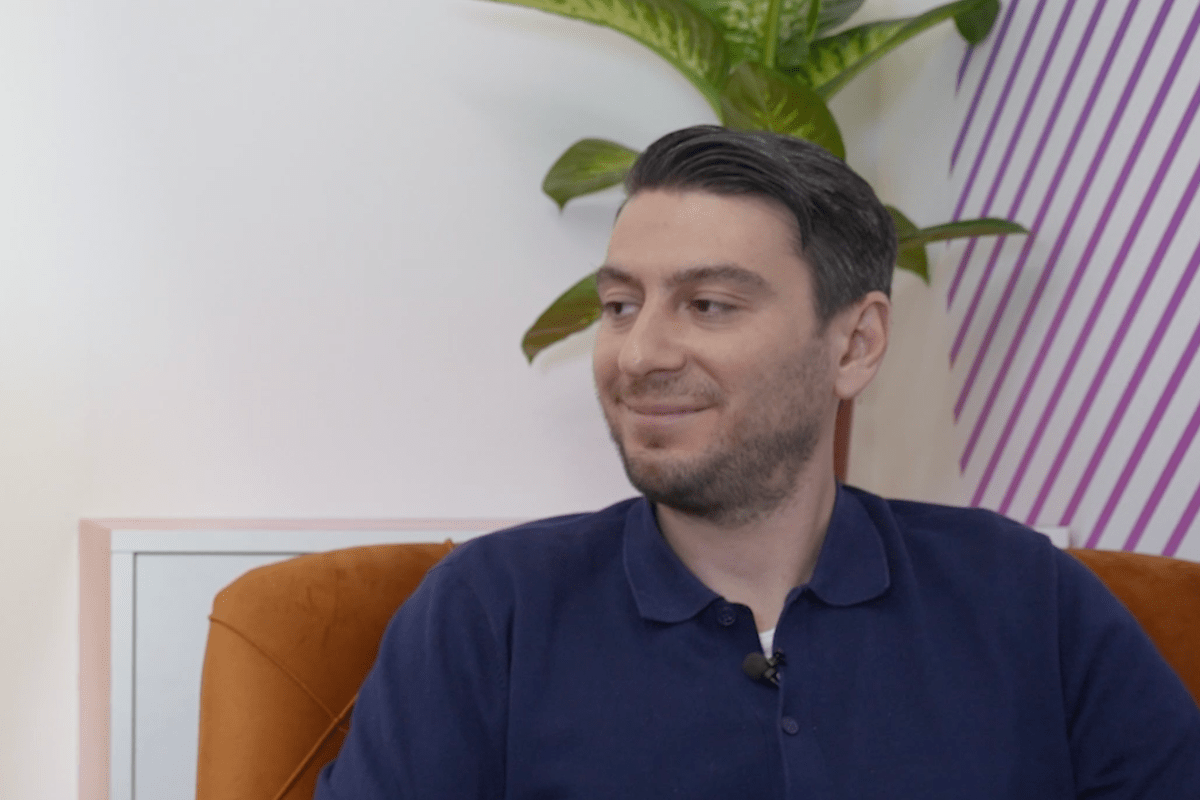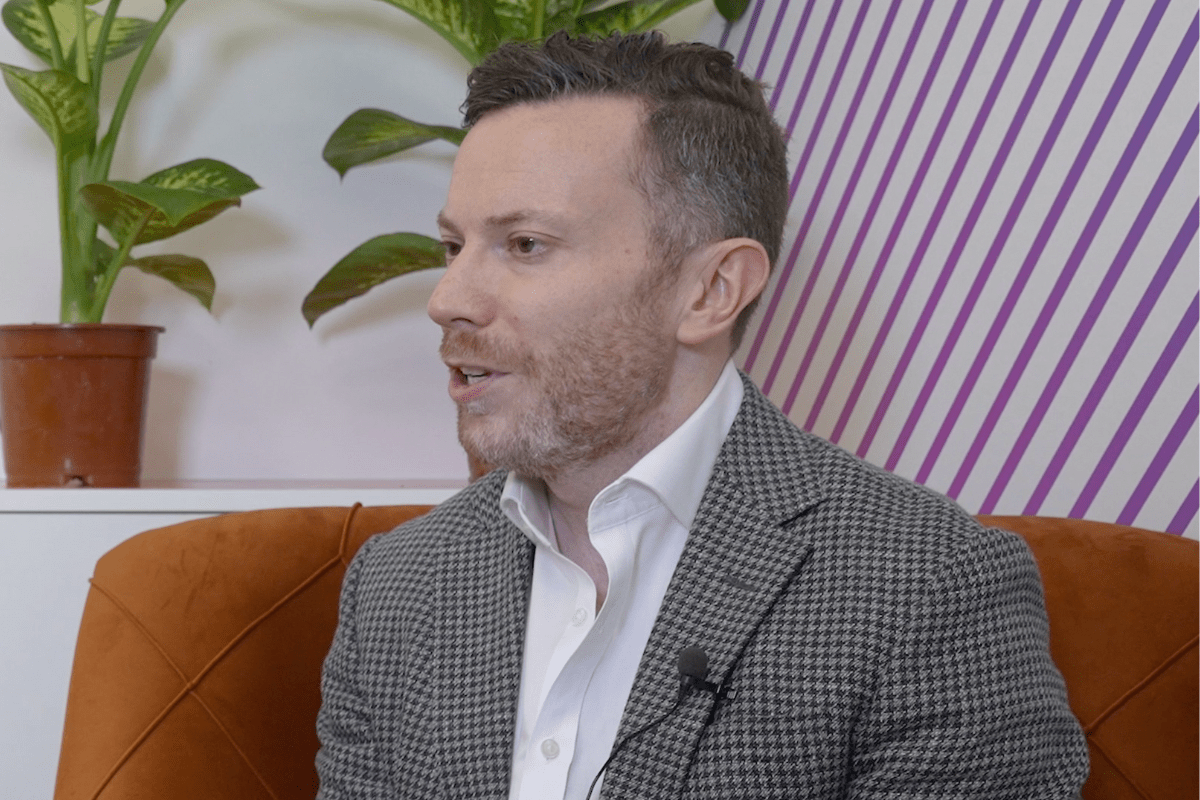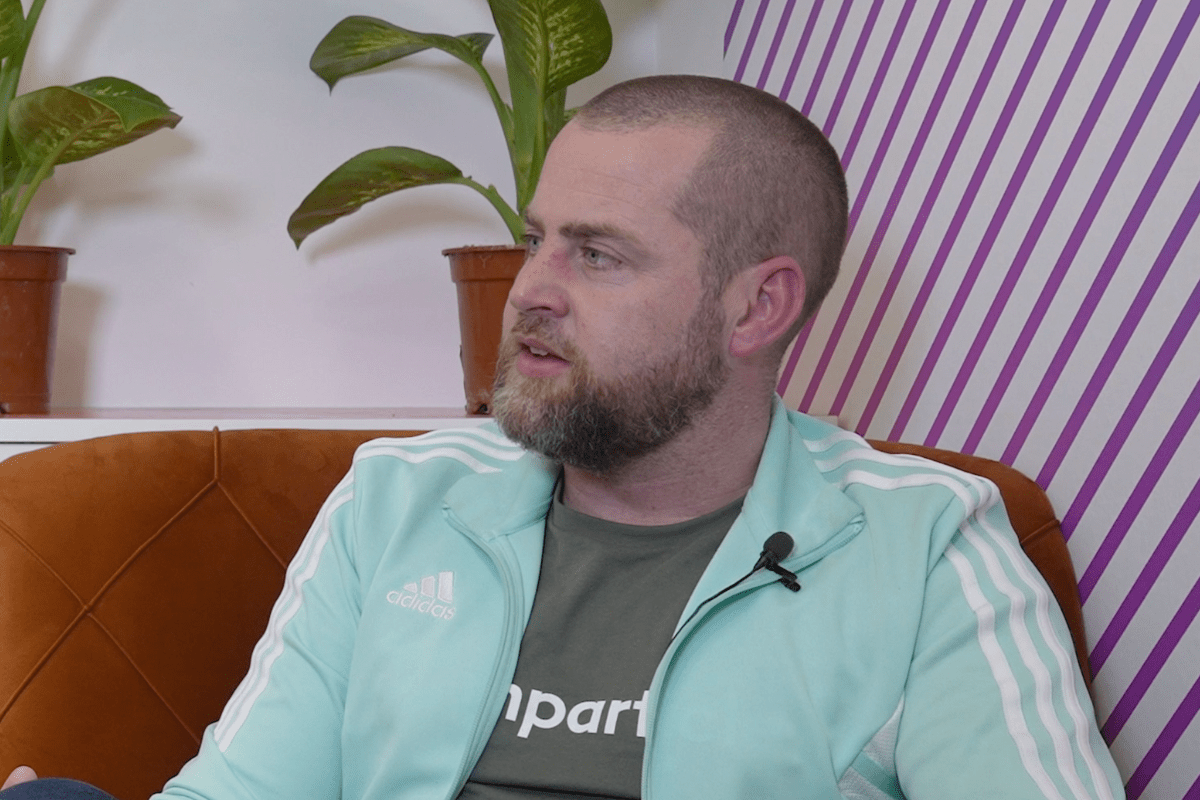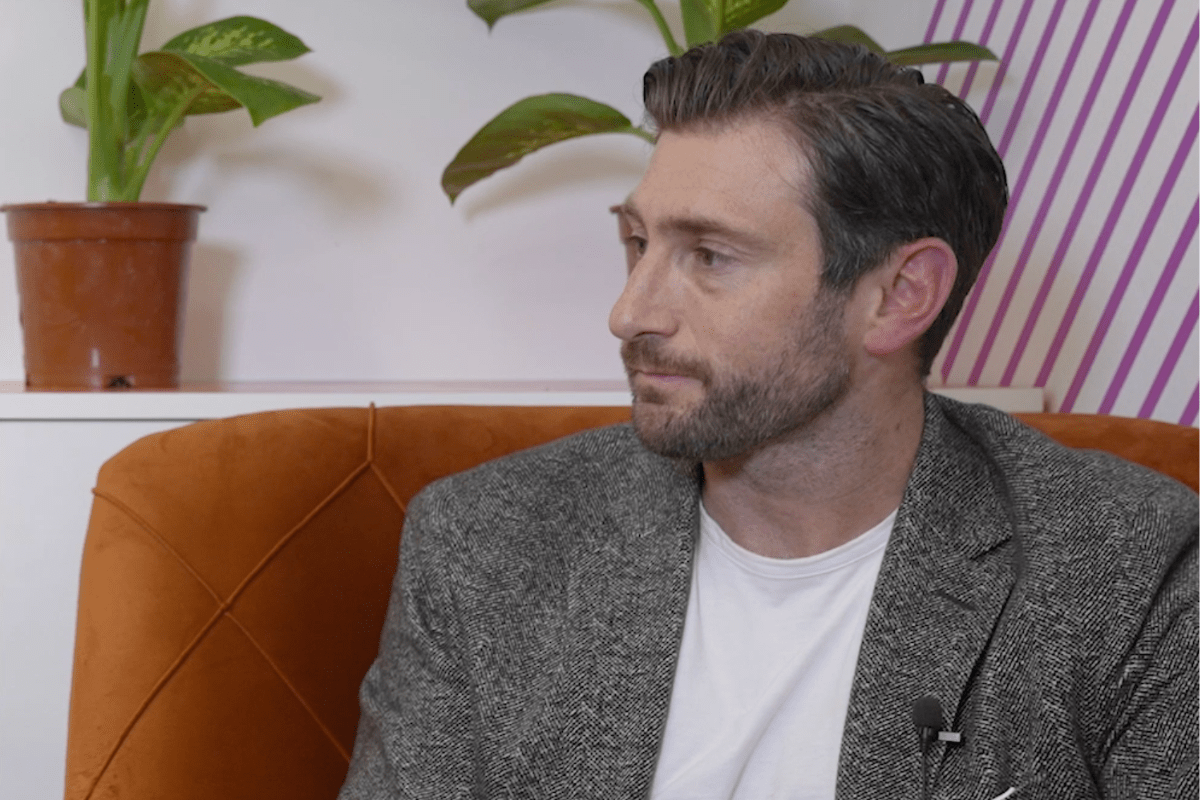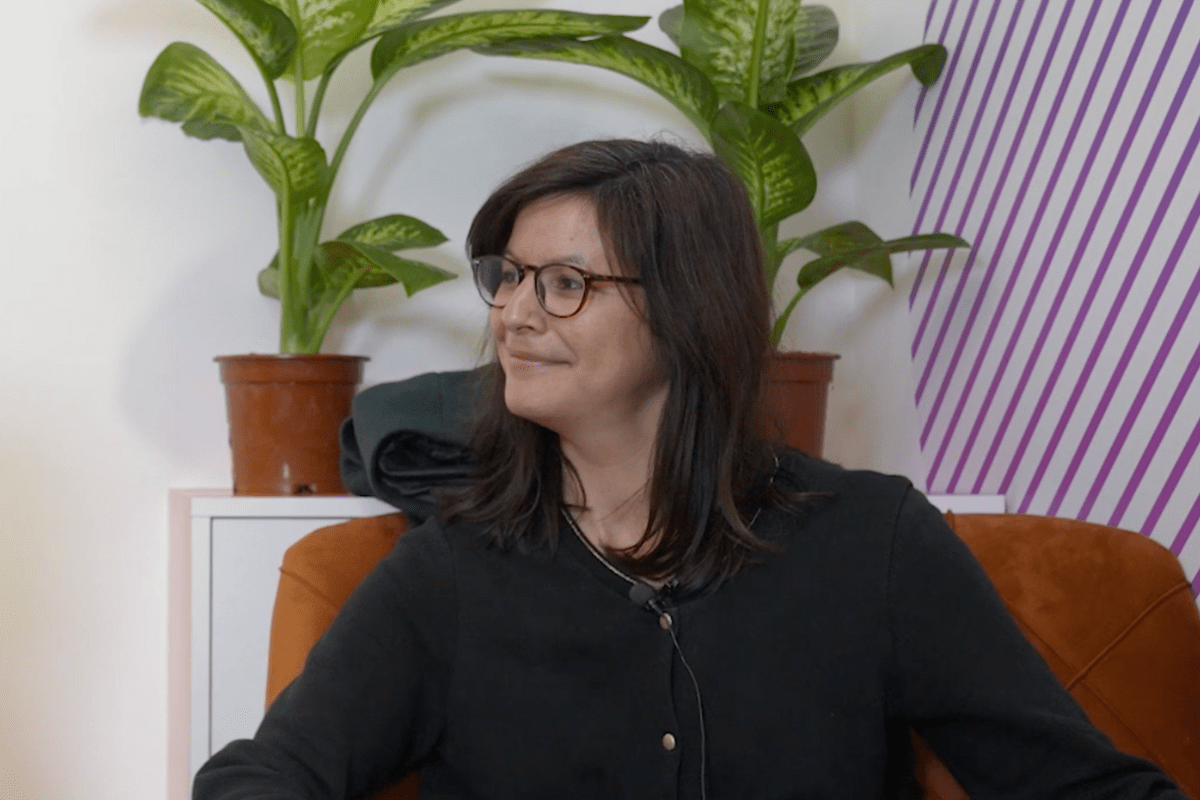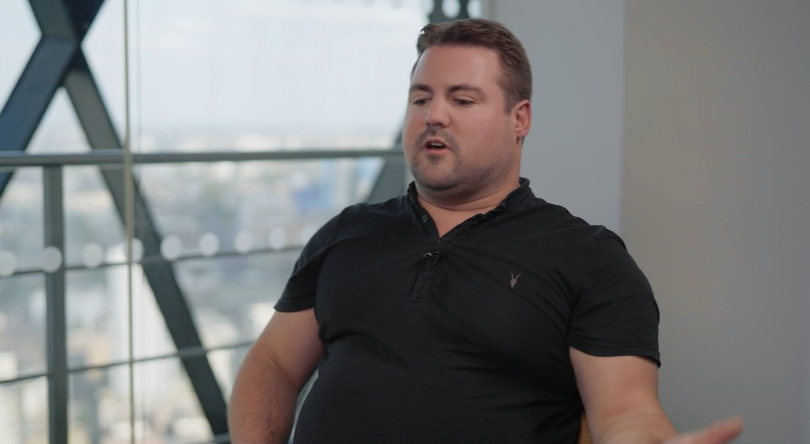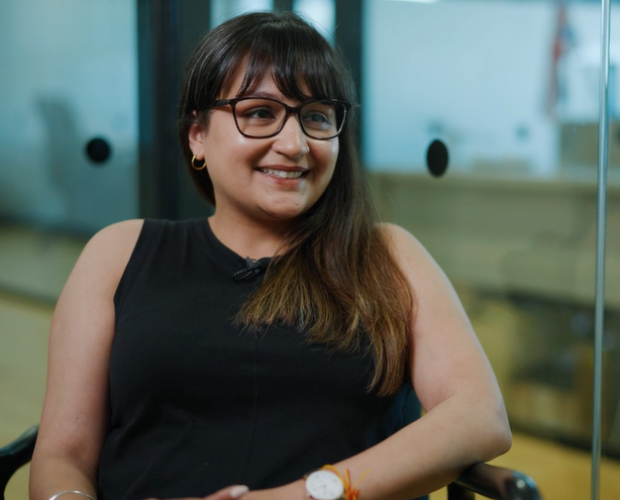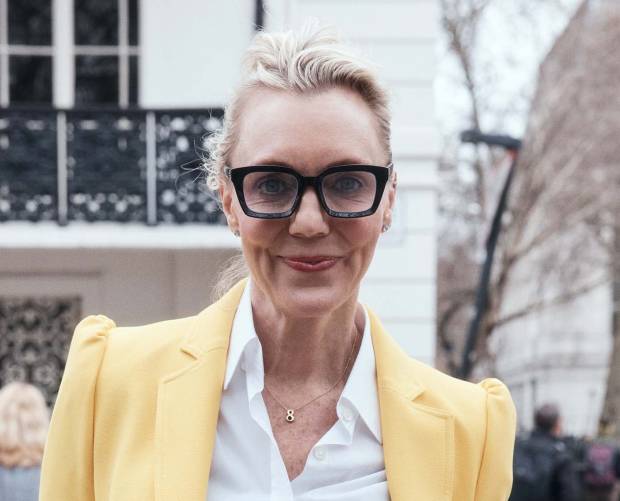David Murphy discusses the value of curated content with Mike McCue, CEO of Flipboard.
 Over the past eight years, Flipboard has built a strong and loyal user base of 100m users, of whom just under a third are in Europe. The Flipboard app – it’s also available on the web – enables them to build their own magazines by selecting subjects they are interested in. Content is then ingested into the app from hundreds of publishers worldwide. The company is privately owned and has taken in just over $200m (£148m) of investment.
Over the past eight years, Flipboard has built a strong and loyal user base of 100m users, of whom just under a third are in Europe. The Flipboard app – it’s also available on the web – enables them to build their own magazines by selecting subjects they are interested in. Content is then ingested into the app from hundreds of publishers worldwide. The company is privately owned and has taken in just over $200m (£148m) of investment.
When I ask CEO Mike McCue how he sees Flipboard’s role, he tells me: “Our mission is to inform and inspire the world. We are focused on making sure we deliver high-quality, curated stories and products around things people love and care about.”
Broadly speaking, Flipboard breaks down into three categories: Work, Life and Play. Each of these then breaks down into many more sub-categories. So Work breaks down into myriad different industries and then these too into many more strands of those industries. Technology, for example, includes sub-categories such as Venture Capital, Artificial Intelligence, Drones and Big Data, to name but a few. In total, there are around 15,000 individual categories on the platform.
Human curation
The app learns what you’re interested in based on what you say you are interested in and it sees you’re interested in, but human curation, says McCue, is also very important.
“That’s the magical thing, combining machine learning with human curation, he says. “There are lots of people curating content on Flipboard – our editors, our publishing partners, and experts in the community at large. We have a chef in New York who curates stories about food and wine. We see people in the tech industry curating stories about what’s happening in their part of the industry. Publishers can also create magazines around big events like London Fashion Week for example. With Flipboard, people just start creating a magazine and then adding to it. We’ve seen around 35m magazines created to date.”
These magazines get picked up and followed as other users come across them in their feeds. So if someone creates a magazine around electric cars, it’s likely to show up in anyone’s feed who has selected Tesla as a category, for example.
But while there are parallels with social networks in the way magazines pick up followers, McCue says Flipboard does not think of itself as a social network. “When you talk about social networks, you think about people sharing photos,” he says. “We are more of a curation network – curating stories and endorsing content. Flipboard is more about following topics that you care about. The combination of human curation and our algorithms creates a great, curated experience for our users.”
High intent
Flipboard’s revenue comes from advertising. It makes its money from the ads and sponsored posts users see as they flip between the article previews on the app.
“We have always carried ads,” says McCue. “On Flipboard, great stories and products can coexist in a great way. On Facebook, there is zero intent, it’s totally random. With Flipboard, it’s more the way it works in print where you have high intent because of the person’s interest in the subject, and high-quality brand advertising in a premium environment. When people are using Flipboard, they are diving into the things they really care about so we can do far more intent-based targeting.”
For years, experts thought ads would never work on Facebook, the theory being that people don’t go on social networks to look at ads. Facebook proved that was wrong, but I wonder how Flipboard balances the need to make money with respect for its users.
“We use frequency caps and other mechanisms to ensure the ads are being received well and in the right mix,” says McCue. “Our first principle is to show beautiful ads and to respect the user. We don’t run pop-up or interruptive ads; these are quality advertisers presented in beautiful ways. And if you look at the quality of the environment overall, ads on Flipboard are not adjacent to fake news or linkbait. They are alongside other quality ads and content.”
This, says McCue, leads naturally to better engagement. “People on Flipboard are very highly engaged because they are seeing content about a topic they care about, so our clickthroughs have much higher intent and the referral traffic we send to a publisher is far higher quality,” he says.
In fact, Flipboard claims that ads on Flipboard perform 200 per cent over industry benchmarks in awareness and an average of 50 per cent over benchmarks in purchase intent.
And what of mobile? After all, the vast majority of Flipboard content is surfaced in the app, and from there, the user clicks through to the publisher site. Flipboard has no control over what each individual publisher’s mobile experience will look or feel like.
“We focus on the best mobile experience,” says McCue. “We have a set of guidelines around the quality of the mobile experience, and a ‘Red Lightning Bolt’ program where we display that symbol on content where the mobile site launches within a certain timeframe.”
Looking forward, McCue says Flipboard is looking to deepen its editorial coverage within different industries, and also to bring new publishers on board. In the UK, it added Hearst UK’s Harper’s Bazaar, Digital Spy and Cosmopolitan to its portfolio just last week, and is also looking to put curation partnerships in place around a number of major events, including this weekend’s Royal Wedding, the Wimbledon tennis tournament, the World Cup and major music festivals.
In the US, meanwhile, Flipboard is adding more partners in the tech space and also inviting them to curate more content. This includes ‘Book Picks’, a new weekly series in which, each Monday, Flipboard will release a fresh set of book recommendations from a tech influencer, starting with WIRED editor in chief Nick Thompson’s ‘Five Books I’ve Recently Read About the Future’. Flipboard will take an affiliate share of the revenue generated from books sold via the recommendations.
“It’s the start of us getting into curated commerce,” says McCue. “We are also adding private team curation so that within a company, you can invite your team via email, text or Slack to curate stories privately for reading only by the other members of that team.”
Finally, I wonder what McCue makes of the digital advertising’s current travails, with data and brand safety scandals, and GDPR due to come into force in just over a week’s time.
“We fully support GDPR,” he says. “It’s needed because obviously when people have their personal data taken, it’s a real problem. Flipboard has always been about keeping our user data protected, and we don’t ask for anything like the same amount of user data as Facebook. Then on brand safety, we have always been about quality content, where every source is curated, approved and held to a standard of quality.
“Finally, another thing which is arguably an even bigger issue is this notion of being addicted to some of these social feeds, that are proven to feed into depression. When you are constantly scrolling through other people’s lives, it means you’re not really advancing your own, and while it’s great to stay on top of what friends and family are doing, it is really important for people of all ages to go to a place where they can invest in themselves, and this is really where Flipboard shines.”




